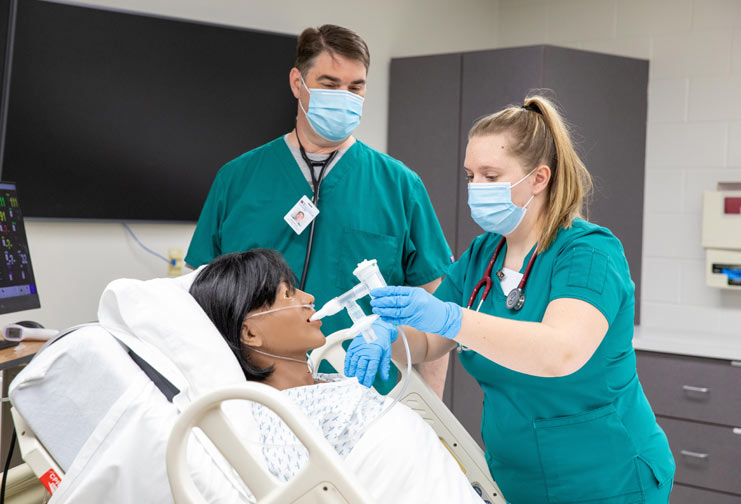Relocating for College: Five Useful Tips

Relocating to a new area for college can be stressful unless you are prepared. Taking a few precautions can limit the potential for negative experiences that often accompany the relocation. Current students can benefit from the experiences of people who have already relocated after being accepted into the institution. Learning from the mistakes and accomplishments of others can reduce the amount of money and time you spend adjusting to your new living environment. This article provides a brief overview of the five most important items to consider during this exciting transition period in your life.
1. Preparation
There are many items that can be cheaply purchased once you arrive in your new location, so you can save on shipping costs by leaving some of these items behind. Examples include heavy books, extra shoes, decorations, keepsakes and excessive amounts of clothes. You might be able to buy school supplies in the area as well, so you need to think about the cost of purchasing these items new compared to the costs of shipping. Always conduct research the area before you actually move. This might include taking a trip to the area if you can afford it, but it could also involve researching the area on Google Maps, too.
The most essential component of relocation involves organizing your paperwork and financing. These two items will determine how easy or difficult your transition to the new location will be, so make sure that you have all your documents in order. This includes your driver’s license, tax forms, acceptance letters, passport and other irreplaceable identification documents.
Some students have family members to help get these papers organized, and this can help to keep the transition as smooth as possible. Always arrive early, so you have plenty of time to make other necessary arrangements. For example, you might need to set up an account in a bank or credit union to avoid costly transaction fees. You might also need time to get familiar with the local transportation system. Find out where the major landmarks are located because this will help you receive directions any time you need to go to an unfamiliar place.
2. Housing
If you intend to live off-campus, you will need to find suitable housing arrangements. Check with your administrator’s office to see if there is a list of housing in the area. This is also a good time to ask for any other resources the institution might have available to students. This might include legal resources, cheap shopping areas, job location services and other useful resources.
3. Review Your Academic Skills
It does not take a long time to review good study habits, and this will help you get prepared to enter your classes with a well-defined study plan. Organize your notebooks so that everything is already in order when you arrive. Do not assume that you will have time to get prepared once you arrive because the time will move surprisingly fast. If you study your pre-requisite course material, you will be even more prepared to build on your existing base of knowledge.
4. Plan for Emergencies
It is easy to get carried away with excitement, but you may find the need to have some emergency numbers available just in case something unusual happens during your time at the school. These numbers should include at least one relative, and you should always keep your emergency contacts in a place that is easy to recover. If something happens, you don’t want to spend a lot of time looking for this information.
5. Moving Your Supplies
Your living environment may be limited, so try to take only the items that you know will be used during your stay at the college or university. If you are shipping your boxes, you will need to know where the pick-up location is well in advance. Make friends as soon as possible after you arrive, but keep in mind that you will also need to avoid asking for too many favors. After you arrive, you will need to stay as organized as possible, so pack your supplies in a way that reflects this intent.
Learn more about life as a CVTC student by scheduling a personalized tour!


